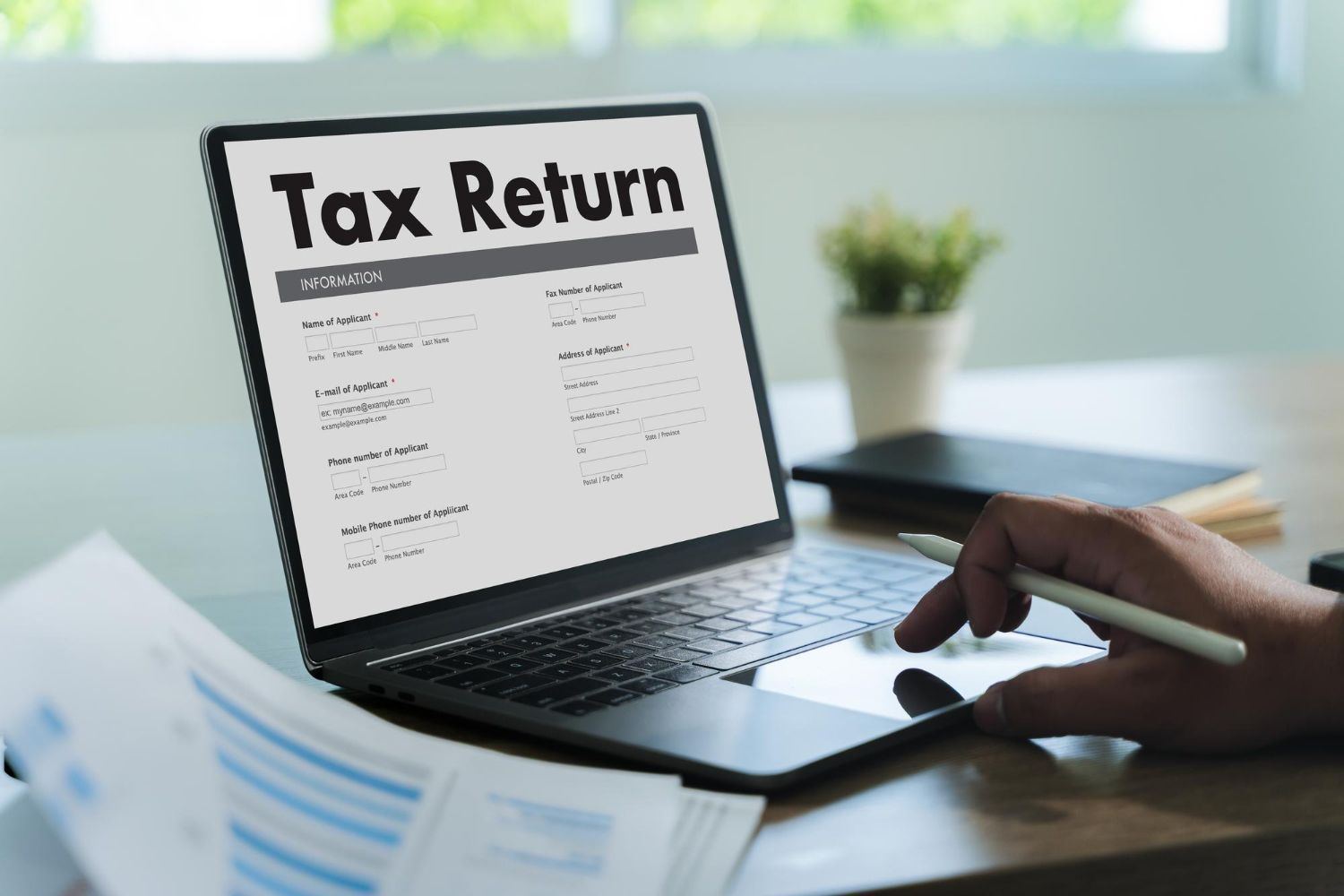Claiming Non-Resident Family Members on Your Taxes: Is It Possible?
Claiming Dependents Living Abroad: Can You Do It?
Living and working in Canada while supporting a family member or child residing outside the country can present unique challenges for non-resident family members. We understand that the distance can be difficult, and you may be wondering if you’re eligible to claim them as dependents, even if they’re not physically present in Canada with you. Whether you recently moved to Canada and are awaiting your spouse and children to join you or you’re temporarily residing in Canada while financially supporting your family back home, here’s what you need to know about claiming dependents living abroad.
Non-Resident Family Members: Understanding Tax Implications for Dependents Living Abroad
When it comes to your taxes, claiming personal amounts for dependents residing outside of Canada can be a bit complicated. As a general rule, you must be a resident of Canada to claim your dependents, unless the Canadian income on your return constitutes 90% or more of your total world income. To provide some clarity, let’s address a few common questions:
Can I claim my non-resident spouse?
Claiming a non-resident spouse follows similar guidelines as claiming a resident spouse, as long as you have financially supported them throughout the year for non-resident family members. Here are some key points to ensure a smooth claim:
- Maintain proper documentation: The Canada Revenue Agency (CRA) requires proof of financial support for your spouse. Keep records of payments made, including your name, payment amount, date, and your spouse’s name and address.
- Ongoing support: Ensure that the amount you provide to your spouse is considered substantial and regular, as sporadic payments may not qualify.
- Adequate support: Your spouse will not qualify as a dependent if they already have sufficient income or assistance for a reasonable standard of living in their country of residence.
- Consideration of foreign income: If your non-resident spouse has income in your home country, it may affect the amount you can claim, even if that income is not reported on a Canadian tax return.

Can I claim my children living abroad as dependents?
Typically, you cannot claim children living abroad as dependents unless you have lived with them in a home that you maintained. Here are a few additional details regarding claiming children who reside outside of Canada:
- Elimination of child amount: The credit for children under 18, known as the child amount, was discontinued in 2015. Therefore, whether your children live in Canada or abroad, you cannot claim this credit if you are married or in a common-law relationship.
- Exception for impaired children: The family caregiver amount can still be claimed for impaired children, but only if they ordinarily reside with both parents throughout the year.
While your family members may not qualify as dependents for tax purposes in Canada, there may be other tax credits or deductions available to help reduce your overall tax bill for non-resident family members. It’s important to consult with a tax professional to explore all potential options.
Taxes can be complex, especially when it comes to family members who live in different states or countries. Many people wonder if they can claim non-resident family members on their tax returns. In this blog post, we’ll explore the rules and guidelines for claiming non-resident family members on your taxes, shedding light on when it’s possible and when it’s not.
Residency Status Matters
The key factor in determining whether you can claim a non-resident family member on your taxes is their residency status. Residency status is determined by the tax laws of the country or state where the individual lives, and it can vary significantly.
-
U.S. Federal Taxes
For U.S. federal taxes, the Internal Revenue Service (IRS) defines residency status as follows:
- U.S. Citizens and Green Card Holders : U.S. citizens and resident aliens (green card holders) are generally subject to U.S. tax laws, regardless of where they live. You can claim them as dependents on your federal tax return, provided they meet other qualifying criteria.
- Non-Resident Aliens : Non-resident aliens are typically not subject to U.S. income tax on their worldwide income. You generally cannot claim a non-resident alien as a dependent unless they meet specific criteria, such as being a resident of Canada or Mexico, or they qualify under the “substantial presence” test.

-
State Taxes
State tax laws can vary widely, so it’s essential to check the specific rules of the state where you live. Some states follow the federal tax rules for claiming dependents, while others have their own guidelines for non-resident family members. In some cases, a state may consider a family member a resident for state tax purposes even if they are a non-resident for federal tax purposes.
Also Read: Are tipping subject to taxation in Canada?
Common Scenarios
Here are some common scenarios involving non-resident family members and tax implications:
- Children Studying Abroad: If your child is a U.S. citizen or resident alien but is studying abroad, you can usually claim them as a dependent on your federal tax return if they meet the qualifying criteria, such as age and financial support.
- Non-Resident Spouse: If your spouse is a non-resident alien and you file a joint federal tax return, you can generally claim them as a dependent if they have no income or only certain types of income. However, you may need to apply for an Individual Taxpayer Identification Number (ITIN) for your non-resident spouse.
- Elderly Parents Abroad: Claiming elderly parents who live abroad can be more complex. In some cases, you may be able to claim them as dependents if you provide a significant portion of their financial support and they meet other criteria, but this varies based on the specific circumstances and tax laws.
Conclusion
Claiming non-resident family members on your taxes is possible in some situations, but it depends on their residency status and the tax laws governing their location. It’s crucial to carefully review both federal and state tax laws to determine your eligibility for claiming non-resident family members as dependents for non-resident family members.
Additionally, consider consulting with a tax professional who specializes in international or multi-state taxation to ensure compliance with all relevant tax regulations and to maximize any potential tax benefits. Remember that tax laws can change, so staying informed is key to managing your tax responsibilities effectively.











